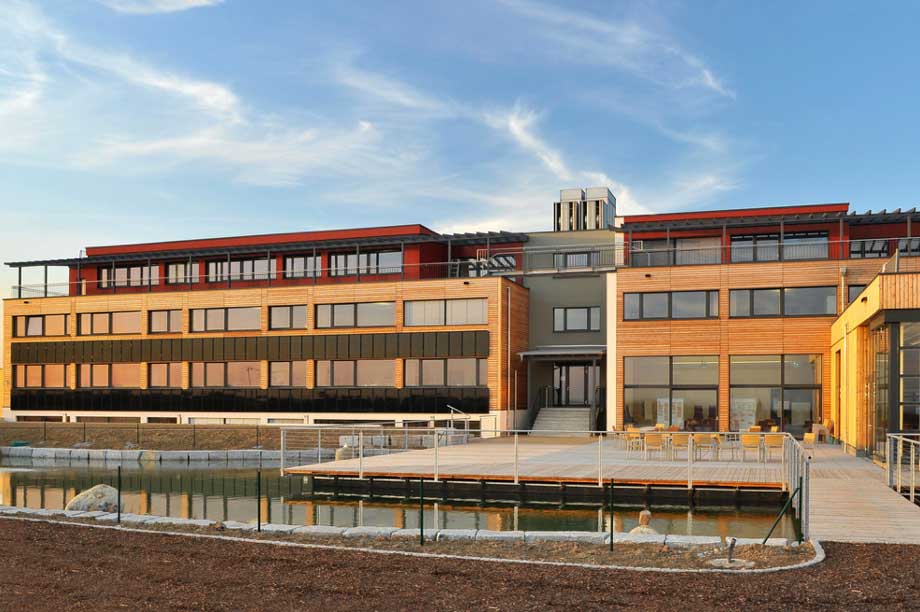After predicting a positive EBIT margin — the ratio of profit to revenue — of 4-5% in its 2013 results in January, the company now admits that its EBIT dived to a negative two-digit million-euro sum on revenues of EUR 710 million.
The company expects a considerably better result for 2014, but gave no indication on whether it would return to the black this year. Moderate revenue growth is expected for this year after a 30% drop in 2013, a spokesman said.
Solar crash
The drastic change in renewables support that virtually eliminated the large solar plant sector, a former Juwi core segment, were a major negative factor, the spokesman told “uåX˜äŠÊ˜·³Ç in mid-July. German solar installations will shrink to a quarter of the 2012 level this year, the company predicts.
By contrast, Juwi's remaining core onshore wind business expects to carve out 10% of annually new installed capacity in Germany over the coming years. That translatesinto 200-300MW per year, as achieved in the previous three years, the spokesman said. More than 200MW will be installed in Uruguay, South Africa, the US and Australia in 2014-2015, with further projects under way in Chile, Japan, the UK and elsewhere, he added.
Independent power producer
The company claims it has "adequate financing" but wants to take minority investors on board. Firm talks with strategic and financial investors are under way, the spokesman said. The Juwi Group and its sister firm Juwi IPP (Independent Power Producer) already have cooperation agreements with partners including German municipal energy companies Stadtwerke Aachen, Stadtwerke Trier and Energieversorgung Offenbach. In February, Juwi IPP said it owned 472MW of wind and solar power capacity assets, mainly in Germany, but planned to expand its portfolio by 700MW with acquisitions in Germany and elsewhere in Europe.
Strong competitors
Demonstrating that developing onshore wind is profitable, German competitor PNE Wind, a pure wind player with activities in 14 countries, was given a bullish review in June by independent equity research firm 7C Consult. Although clocking up only 20% of Juwi's annual revenue at EUR 144 million in 2013, albeit up from EUR 84.3 million in 2012, largely through acquisition in 2013 of fellow German developer WKN, the PNE Group has achieved "a critical size and benefits from volume purchasing, direct sales channels to institutional investors such as pension funds, insurance companies and infrastructure funds and ample liquidity bolstered by working capital credit lines", 7C commented. This was reflected in an EBIT of EUR 45 million in 2013, following EUR 20.4 million in 2012.
Energiekontor, another pure wind player based in Germany, also received a thumbs-up by First Berlin Equity Research in its first assessment of the company. Larger than PNE Wind, with revenue of EUR 163 million in 2013 after EUR 96.4 million in 2012, the company reported an EBIT of EUR 34.14 million in 2013, up from EUR 8.76 million in 2012.
Energiekontor is praised for its business policy of not only developing and selling turnkey wind farms, but also building up its own portfolio of currently about 500MW. In contrast, PNE has retained only around 30MW of wind capacity, giving it about EUR 2 million in recurring EBIT annually, said 7C.

.png)


.png)










